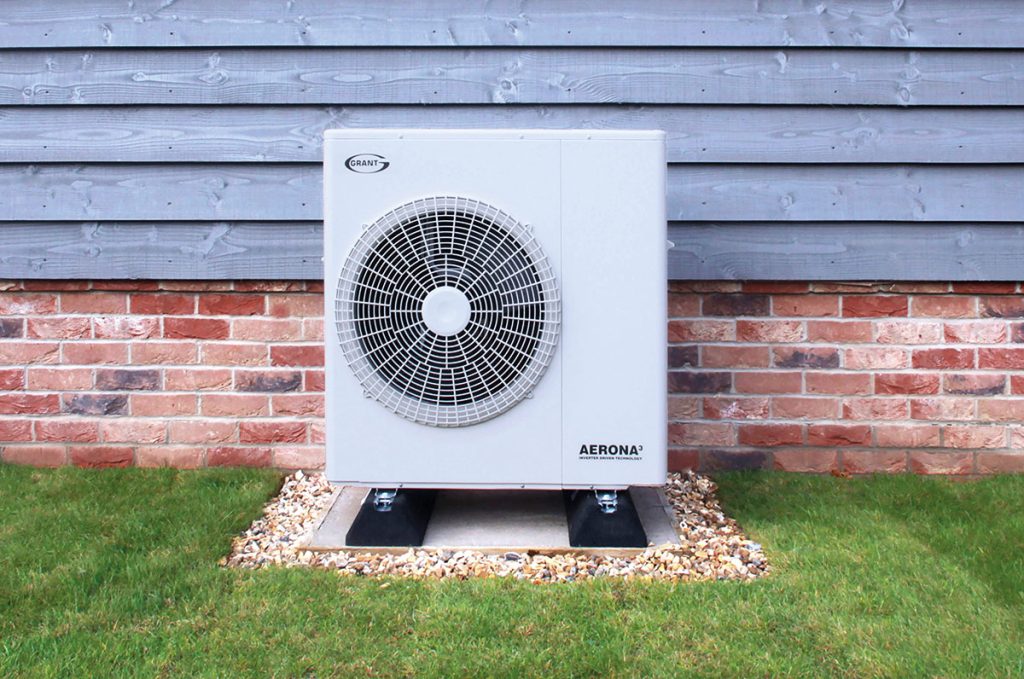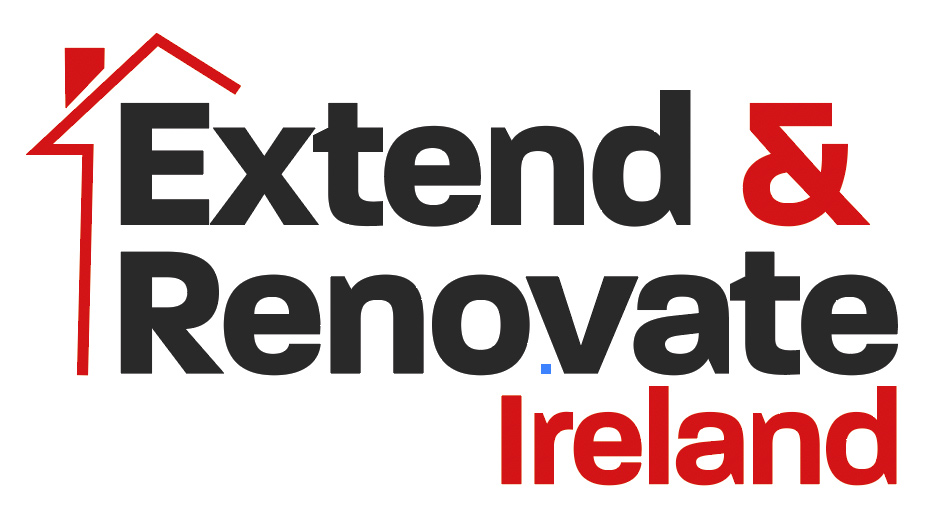When constructing a new home or renovating an existing one in Ireland today, deciphering the costs associated with plumbing and electrics is crucial. As designs evolve, so do the regulations on energy and insulation, making it essential to have an understanding of potential outlays in these domains. This article delves into the different facets of heating, ventilation, and electrics, exploring the aspects that could escalate costs and the options available to homeowners.
Heating and Electrics: A Pivotal Element:
The intricate systems that run a house, maintaining a balance in ventilation and heating, are pivotal. These systems are responsible for supplying fresh air, heating water, and maintaining temperature, representing a significant portion of the total budget. Given the importance of economically driven sources of heating and the constant evolution in design requirements, homeowners often find it challenging to adhere to a set budget for heating and plumbing.
Cost Variations and Influencing Factors:
In contemporary construction and renovation projects, the dynamic nature of design and energy requirements often leads to fluctuating costs. The preliminary stages before the tender are crucial, as a detailed understanding of the property’s needs helps in protecting the budget. Often, specifying a standard system provisionally could result in skyrocketing costs when the specific system for the particular house is designed.
The Importance of Material Choices:
There are numerous companies manufacturing a diverse array of products for plumbing and electrics. The price variance between these companies is substantial, making it critical to set a budget based on actual costs to meet the budgetary needs effectively. It is essential to remember that just like no two cars are the same, plumbing and electrics are also unique in every project, making it imperative to choose wisely.
Focus on Heat Pumps:
Heat pumps are a contemporary and eco-friendly heating solution, albeit more expensive initially compared to traditional liquid or gaseous fuelled systems. It’s vital not to compromise the system’s efficiency to save on capital costs as undersizing may lead to ineffective heating and unexpected costs. It is recommended to gather at least three quotes from reputable installers to compare specifications and costs. This is especially crucial as it is a prerequisite for grant aiding in Ireland, which is available only for existing buildings.
Cost Analysis of Heat Pumps in Ireland:
In the Republic of Ireland (ROI), supplier quotes found online for homes up to 200sqm range from €8.5k to €14.5k, and €12k to €18k, and for homes up to 500sqm, it ranges between €15k and €23k. In Northern Ireland (NI), the Energy Savings Trust estimates that a heat pump installation costs between £7k and £13k, presumably for smaller-sized homes.

Electrical Work: An Unanticipated Budget Buster:
Without a doubt, electrical work can unexpectedly inflate the budget of any build. Identifying the number of sockets, lights, and switches in a property before starting can be intricate, causing the electrical package to often be underestimated. For instance, while a builder may account for three double sockets in a bedroom, the actual need often exceeds this number, leading to additional costs.
Modern-day Requirements and Adjustments:
In contemporary bedrooms, it’s common to have a socket on each side of the bed and one in each corner on the opposite side, with a further socket at high level for a TV, requiring five instead of the standard three. This change alone can add around €/£800 to the cost in a four-bedroom house. Additionally, the increasing number of sockets required in other rooms like the kitchen and the living room, along with the introduction of in-joinery lighting and the desire for smart technology, can significantly alter the electrics budget.
Embracing Smart Technology:
The burgeoning desire to integrate smart technology into homes has led to an increase in expenditure. The ability to communicate with appliances like ovens, sound systems, and lighting through smart technology can be an appealing prospect but also an expensive one. It’s essential to meticulously evaluate these systems as often more economical plug-and-play options are available, allowing homeowners to integrate smart home systems for less than 1k as opposed to spending upwards of 10k on advanced lighting systems.

Conclusion:
Building or renovating in Ireland necessitates a comprehensive understanding of the potential costs associated with plumbing and electrics. With the advancements in design, the evolution in energy regulations, and the increasing desire for smart technology, adhering to a budget can be daunting. However, by meticulously analyzing needs, comparing quotes, and making informed decisions on material choices and technology integrations, homeowners can effectively manage their budgets and build homes that are economical, efficient, and contemporary.




